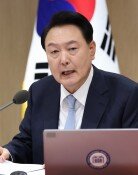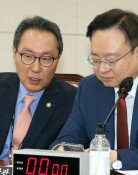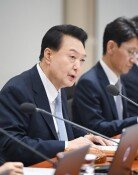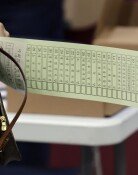Time to prepare for the post-Biegun era
Time to prepare for the post-Biegun era
Posted December. 15, 2020 07:46,
Updated December. 15, 2020 07:46
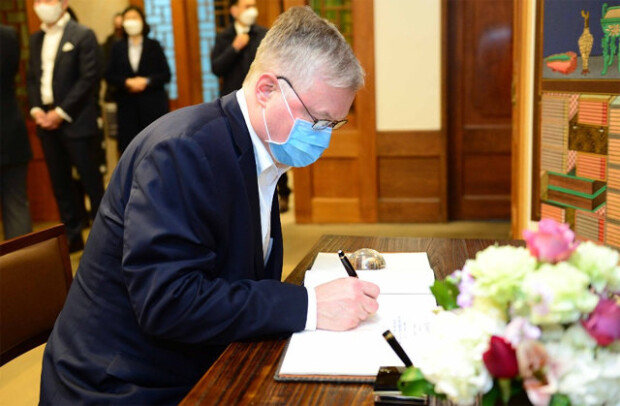
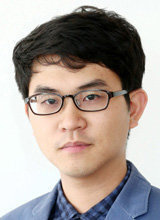
Officials from the Ministry of Foreign Affairs expressed regret over the departure of Stephen Biegun, who left South Korea last week after finishing his last trip to Seoul as U.S. Special Representative for North Korea. In fact, during the past couple of years when Biegun sat at the negotiating table with North Korea, Washington did not make clear concessions to Pyongyang as Seoul expected them to.
Nevertheless, Biegun tried to understand Seoul’s stance in negotiations, respecting the legitimate right of South Korea as a sovereign state. Thanks to this, government officials had a sense of relief when heading to the U.S. for negotiations, thinking that there will be no bickering since Biegun will listen to us first. It is understandable that the foreign ministry considered Biegun, who is the second man in power in the U.S. State Department, as their diplomatic asset.
Biegun also had a personal interest in South Korea. He had a love for Korean chicken stew that he visited the diner every time he came to Korea. He also showed great interest in the history of Korea. During his early days as U.S. Special Representative for North Korea, he visited South Korea’s National Palace Museum of Korea to see the Royal Vehicle of Emperor Gojong and even memorized the names of kings of the Goryeo Dynasty, helping the South Korean government consider him a great man to work with for Seoul.
This is why all high-ranking officials from the foreign ministry met Biegun during his recent four-day trip to Seoul. Biegun had dinner with key Korean officials every night during his trip. Despite the fact that having a group dinner could cause a controversy due to the COVID-19 crisis, the Ministry of Foreign Affairs made an exception, renting out Biegun’s favorite chicken stew diner in Jongno in central Seoul. However, it is time for the South Korean government to leave hospitality and regret behind and pay extra attention on who will be in charge of future negotiations with North Korea under the new administration in Washington. It is highly unlikely, however, that there will not be another U.S. official who will be favorable to Korea like Biegun. The Biden administration places great importance on the South Korea-U.S. alliance but is expected to take a principled approach when it comes to nuclear weapons and human rights issues in North Korea.
Experts point out that Seoul should take Biegun’s departure as Deputy Secretary of State as an opportunity to make a “strategic shift” that could break the repetitive pattern. Seoul made an unrealistic suggestion, placing high hopes on Biegun’s respect for South Korea, and failed to produce the result they want. Seoul should make productive preparations for the post-Biegun era, discussing cool-headed and reasonable strategies for denuclearization of North Korea with the U.S. based on mutual consensus.
Gi-Jae Han record@donga.com
Headline News
- Israel prepares for retaliation against Iran
- Samsung reclaims top spot, surpassing Apple in smartphone market
- 77% of Koreans in 20s and 30s are 'Kangaroo Tribe' due to job crisis
- KBO referees embroiled in controversy over ABS decision concealment
- Inflation, oil price surge put double shock on global economy



